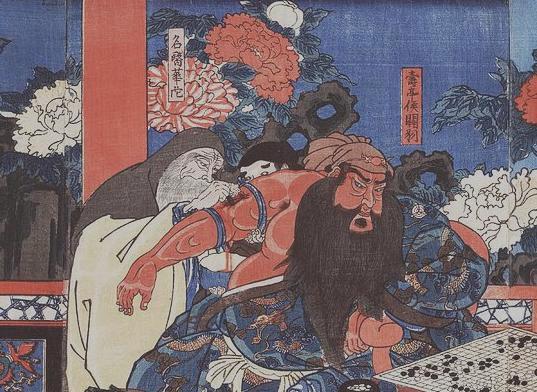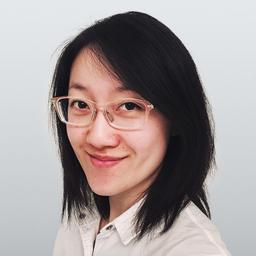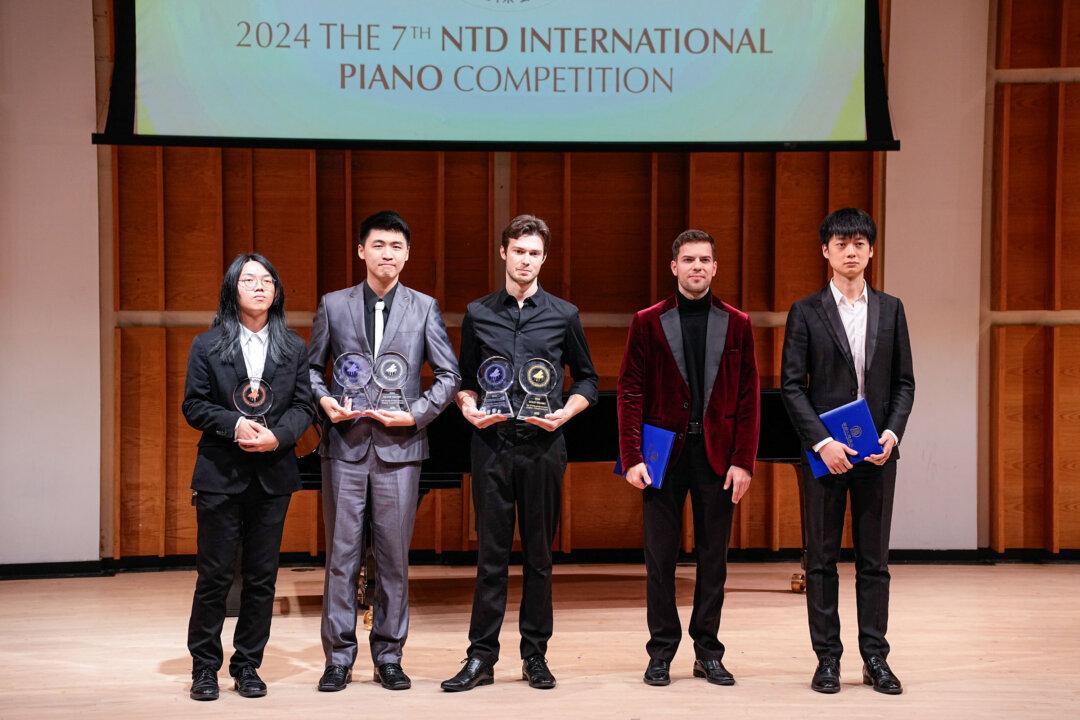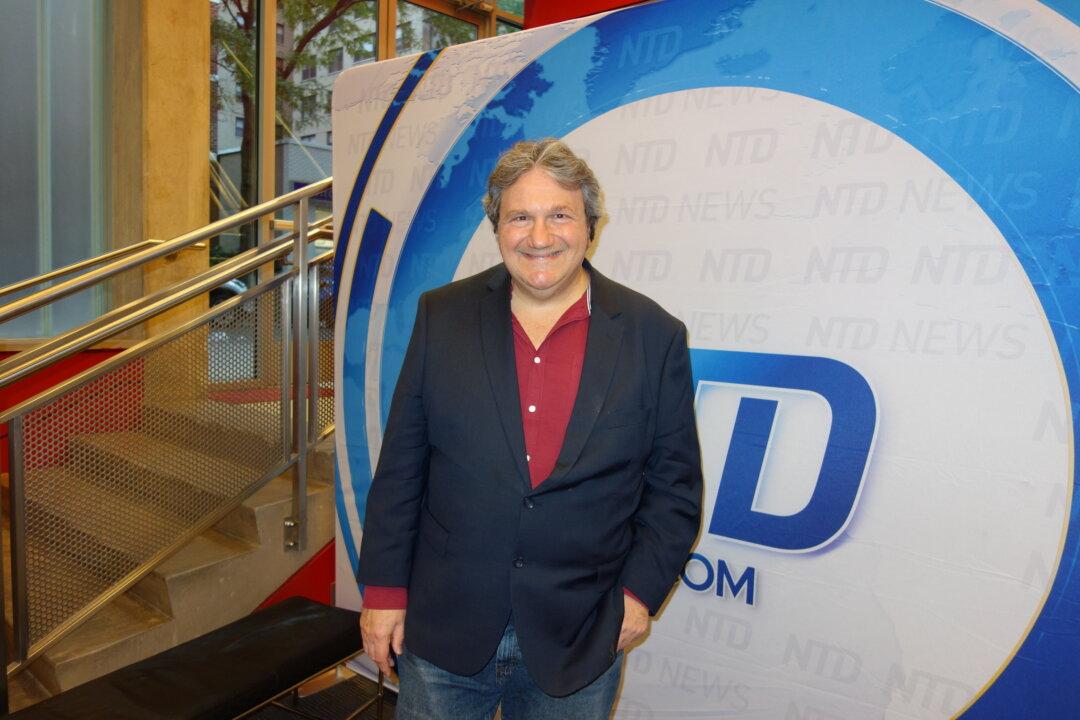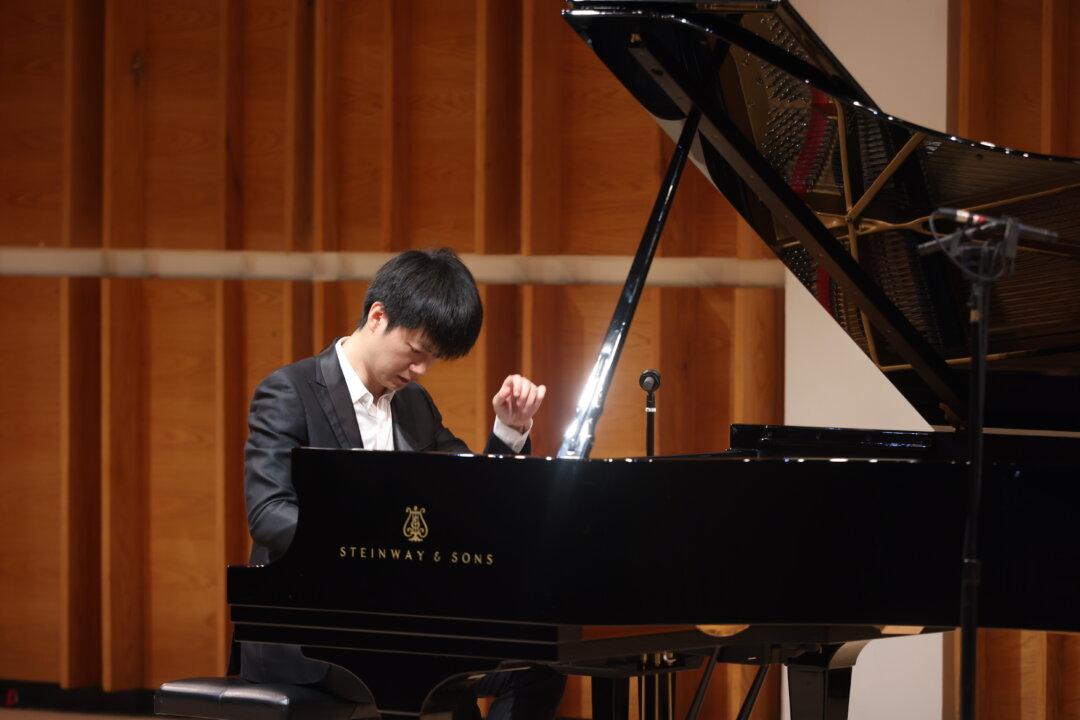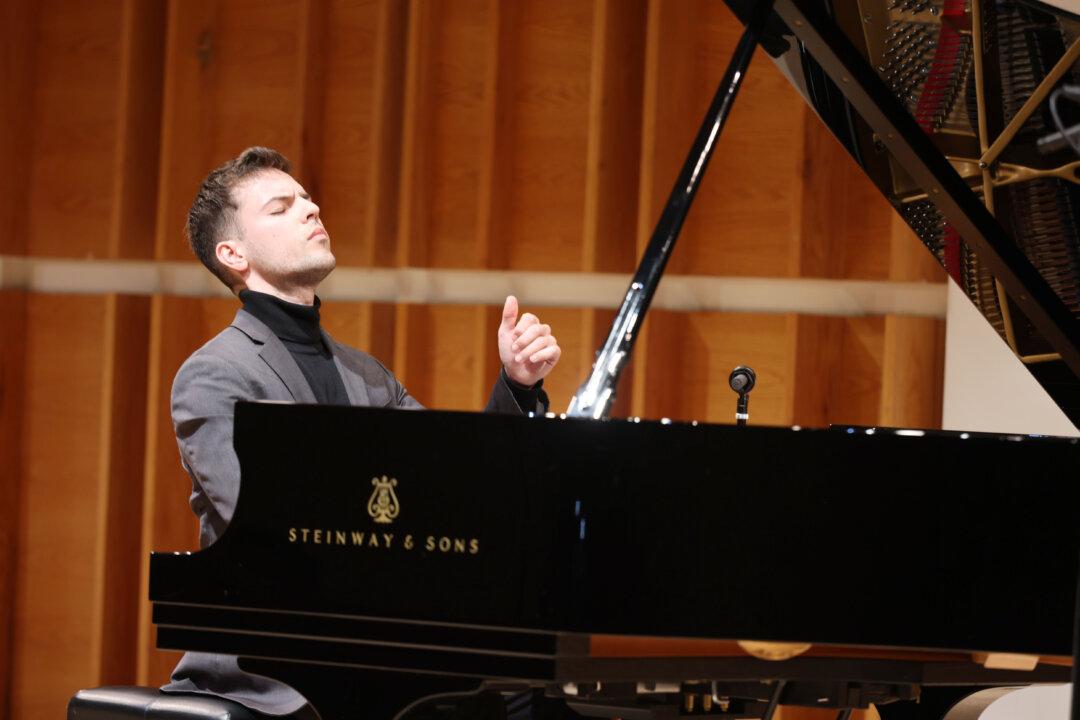Hua Tuo was a Chinese medical doctor regarded as an immortal—for both his youthful appearance despite his old age, and for the magic-like diagnoses and treatments he performed.
He is said to have diagnosed a tumor in the brain of the warlord Cao Cao in the 2nd century, long before CT scanners. Hua Tuo said he could operate on Cao Cao to remove the tumor but Cao Cao had him killed thinking Hua Tuo meant to murder him.

